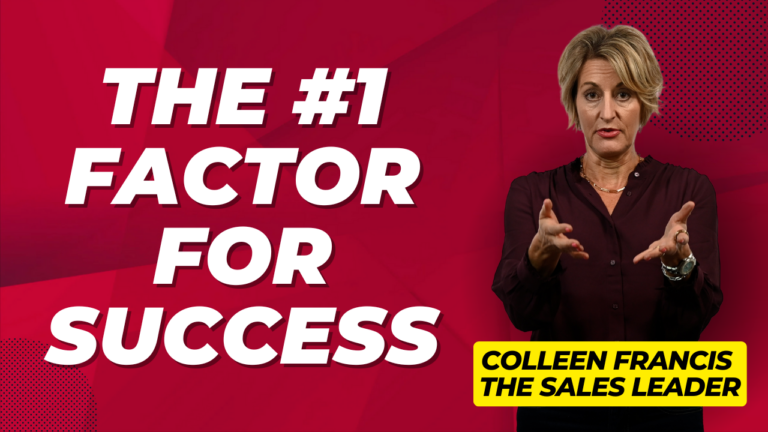As a sales executive, you’re constantly on the lookout for that winning edge to help you and your organization consistently achieve and even surpass your revenue targets.
Success in sales is everything. Among executives, it is the most important thing that we are all measured on.
Therefore, it’s vital that you check in with your own work regularly. Ask yourself the following three important questions and take action with the following three solutions.
How effective are your hires?
Are you hiring the right sales people? Far too often, VPs of sales make the mistake of letting their hiring decisions be guided by personal likeability rather than by criteria squarely focused on giving your business the boost it needs to succeed.
Solution: Take stock of business habits that your organization needs to emulate more often. Hire people who are the right fit for those business habits. If, for example, you have a long sales cycle featuring multiple buyers, hire professionals with experience selling under those conditions. If your product sells quickly in one sale over the phone, then hire sales people who have extensive selling-by-phone experience.
A misaligned hire can put at risk your organization’s sales success for many quarters. A strategic fit, on the other hand, can pay dividends again and again.
Are you investing enough time in coaching and mentoring?

Solution: Make sure you are spending at least three hours per month per sales rep coaching and mentoring them for success. Not only will your organization achieve better results more often, you will also become more intimately involved in your sales pipeline. This means you will gain a much more objective view of what your sales numbers mean, and of the sales process needed to get those deals closed. You cannot over-coach a sales person. Your top reps are no exception. In professional sports, even at the top of their game, Wayne Gretzky and Michael Jordan showed up for practice regularly. Look to the top performers in your business—people who are already doing great work—and look to make them better.
Is your sales process well understood and applied consistently?
The final thing that you can do to ensure your sales team is successful this year is define a sales process that everybody sticks to. Don’t let your team sell just any way they want.
Solution: Think of your sales process as a playbook. It has to be understood and used by everyone consistently. That’s the only way that it can give you measurable results. The outcome is that you are able to analyze your sales process on a weekly, monthly, quarterly, annual basis and make adjustments based on the market conditions. This gives you data, and data is your key to objectivity.
Far too many sales VPs that I work with coach or manage from a subjective place. They rely too much on emotion and not enough on facts. The best way to start the transition to objective measurement is to have a process that everybody sticks to, and that you can measure results against.
Stay tuned for more!
Be sure to stay tuned for our upcoming Engage podcast, which you can access on our blog or in our itunes channel, where I describe in detail the right attributes for hiring top-level sales talent for your team.



